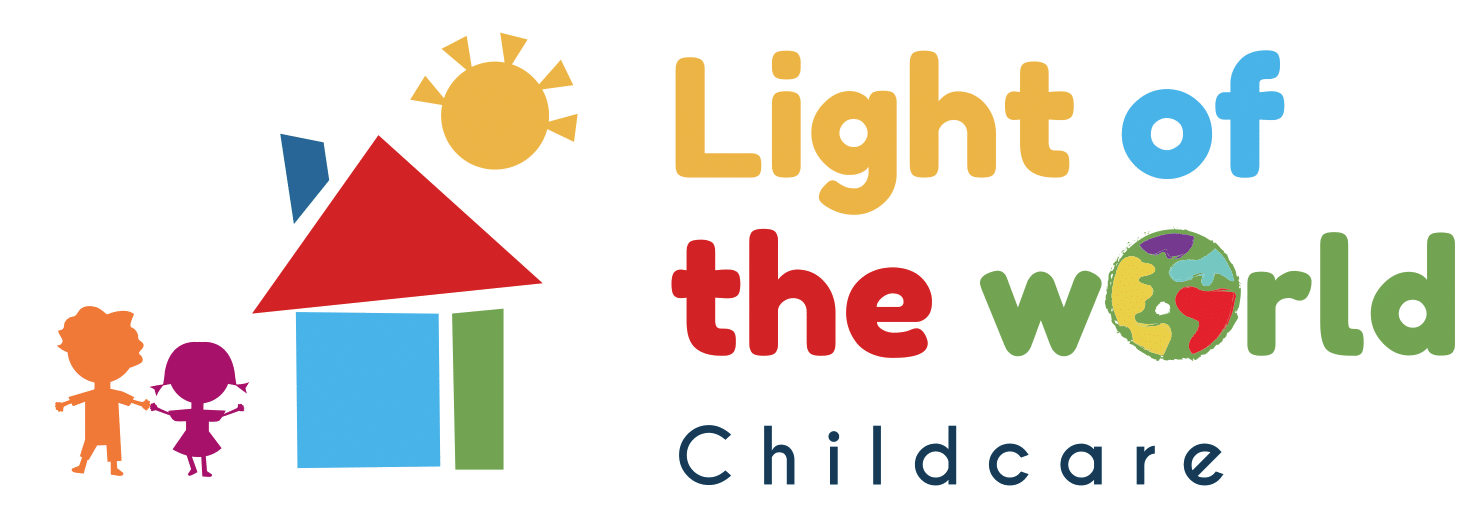
The Role of STEM Education in Early Childhood Development
Incorporating STEM (Science, Technology, Engineering, and Mathematics) education into early childhood development is crucial for fostering foundational skills that children will use throughout their lives.
Introducing STEM concepts into childcare encourages curiosity and exploration, which are key drivers of learning.
Fostering Critical Thinking
STEM education helps children develop critical thinking skills by encouraging them to ask questions, make observations, and experiment with solutions.
Whether they are building with blocks, observing plants grow, or playing with simple machines, children learn to think logically and systematically.
This approach to learning helps them understand cause and effect, patterns, and sequences—essential elements of problem-solving.
Encouraging Problem-Solving Skills
Through STEM activities, children are challenged to solve problems in creative ways. For example, figuring out how to build a stable tower or how to get a toy car to move faster requires them to test ideas, learn from failures, and try again.
These experiences teach resilience and the importance of perseverance, which are important aspects of early childhood development.
Integrating STEM education in early childhood development is vital for nurturing the skills necessary for future academic success.
By fostering critical thinking and problem-solving abilities, STEM activities prepare children to approach challenges with confidence and creativity, setting them on a path to lifelong learning.
Prepare your child for a bright future with our STEM-focused programs at Light of the World Childcare.
As one of the best daycare centers in Brampton, our preschools are designed to foster critical thinking and problem-solving skills that will set your child up for success in kindergarten in Brampton and beyond.
Contact us today to learn more about our enriching programs!

